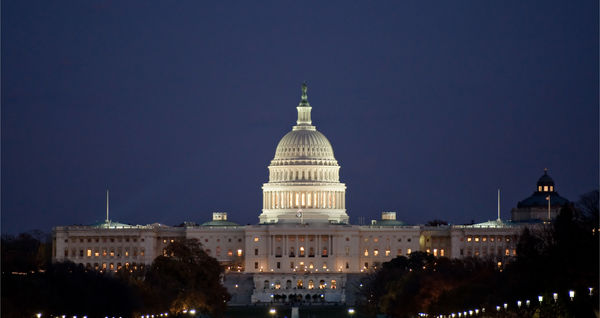For our latest blog series, we talked with three LEO stakeholders from the worlds of academia, philanthropy, and policymaking to get their take on where we need more evidence for smarter decision-making, better services, and increased access to resources. Read the other two stories: early childhood education and Catholic education.
--
Ted McCann has seen his share of bills and policies in need of a little research. He’s located in Washington D.C. and works for Paul Ryan at the American Idea Foundation (AIF), a nonprofit that uses evidence-based approaches to solve economic problems. Whether it's retirement, welfare, or social security policy, Ted sees one thing in common: not enough reliable information.

Policymakers do their best to assess what’s most beneficial when making big decisions, but tight deadlines and high costs rule out full-scale academic evaluations on every issue. McCann, like many of his counterparts, pushes for every policy to be backed with a solid foundation of evidence.
An example Ted uses is disability insurance. Most people on disability insurance are earning $600-660 per month, and their monthly earning limit is around $1,260. If one earns more than this limit—called “substantial gainful activity”—they are no longer eligible for benefits.
Substantial gainful activity is a hotly debated topic that cleaves along partisan lines. Republicans tend to believe that many disabled people have a greater work capability than what they exhibit while on benefits. Their Democratic counterparts believe setting a monetary limit to benefits hurts peoples’ ability to earn a living wage. Instead of settling for a tug of war, AIF has launched a pilot project in cooperation with social security to find out what works.
Given the rapid increase in political polarization, Ted believes that the role of research in policymaking is much larger than individual program evaluation—he thinks it could change politics completely. Can research eliminate party divides and unite the American political system through a more objective lens?
McCann has seen that legislation which is based on solid research tends to garner bipartisan support. This observation served as the basis for AIF founder Paul Ryan’s Foundations for Evidence-Based Policymaking Act, which encourages the use of evidence in policymaking. Many bills have the potential to reach much further if we only had conclusive evidence on them, but more research is always needed.